Oral Health for Pregnant Women: What You Should Know

Understanding the Importance of Dental Health in Expectant Mothers
Pregnancy is a significant time in a woman's life, marked by numerous changes and challenges. Among the various health concerns, oral health often gets overlooked, yet it plays a crucial role in ensuring a healthy pregnancy and baby. Hormonal changes during pregnancy increase the risk of dental issues such as gingivitis and cavities, which can have serious implications for both mother and child. This article delves into why dental care is essential during pregnancy and provides practical guidance for expectant mothers.
The Vital Role of Oral Health During Pregnancy

Why is oral health important during pregnancy?
Oral health is crucial during pregnancy because poor dental hygiene can lead to significant health issues for both the mother and the baby. Pregnant women are more susceptible to periodontal disease and cavities due to hormonal changes, with about 60-75% experiencing gingivitis. This condition, if left untreated, can escalate to more severe periodontal disease and has been linked to complications like preterm birth and low birth weight.
Additionally, harmful bacteria from untreated cavities can be transmitted to the baby, increasing the risk of early childhood cavities. Regular dental checkups and maintaining good oral hygiene practices are essential for mitigating these risks and ensuring overall health during pregnancy.
To promote optimal oral health during this vital phase, expectant mothers should:
- Schedule dental appointments throughout pregnancy.
- Brush teeth twice daily with fluoridated toothpaste.
- Floss daily to combat plaque buildup.
- Ensure a healthy diet low in sugars.
What are the risks associated with poor oral hygiene?
Inadequate oral hygiene during pregnancy can lead to several risks:
- Increased risk of cavities: Dietary changes and cravings can elevate sugar intake, promoting tooth decay.
- Gum disease: Hormonal fluctuations make gums more susceptible to inflammation, leading to swollen, bleeding gums, and increasing the chances of more serious conditions like periodontitis.
- Potential complications: Studies suggest that chronic gum disease may raise the likelihood of delivering preterm or low birth weight babies, underscoring the importance of maintaining oral health during pregnancy.
Overall, proper dental care is a vital part of prenatal health and should not be overlooked.
Navigating Dental Health Changes in Pregnancy
How does pregnancy affect dental health and hygiene practices?
Pregnancy brings about significant changes in dental health and hygiene practices due to hormonal fluctuations and lifestyle adjustments. One major condition that arises is pregnancy gingivitis, which affects 40% to 75% of pregnant women. This results in swollen, bleeding gums, indicating increased susceptibility to more severe periodontal disease if left untreated.
Furthermore, hormonal changes during pregnancy enhance the risk of how we care for our teeth. Many women experience cravings for sugary snacks, leading to frequent snacking that can elevate the risk of cavities. Morning sickness also plays a role, as the nausea and vomiting expose the teeth to harmful stomach acids, potentially causing enamel erosion.
To combat these challenges, it’s vital for pregnant women to prioritize their oral hygiene. Rinsing the mouth with water or baking soda after vomiting can protect teeth from acid damage, while waiting to brush afterward can minimize further enamel wear. Consistently brushing with fluoride toothpaste and regular dental check-ups become essential for maintaining good oral health, which benefits both the expectant mother and her baby.
Maintaining good dental health habits throughout pregnancy helps prevent complications, ensuring a healthier pregnancy and well-being for the baby in the long run.
Identifying Dental Risks During Pregnancy

What are the risks of dental issues, such as periodontal disease and cavities, during pregnancy?
Pregnancy introduces several factors that significantly heighten the risk of dental issues, particularly periodontal disease and cavities. Hormonal changes, including increased levels of progesterone and estrogen, can amplify the body’s response to plaque, making gums more susceptible to infections. Approximately 60% to 75% of pregnant women are affected by gingivitis, which, if left untreated, may lead to more severe periodontal disease. Such conditions can result in complications like preterm birth and low birth weight.
The prevalence of cavities often increases during pregnancy due to behavioral changes, such as cravings for sugary foods and alterations in eating patterns. Additionally, morning sickness may expose teeth to stomach acids, causing enamel erosion and promoting decay. To prevent these issues, pregnant women should prioritize good oral hygiene practices, such as brushing with fluoridated toothpaste twice daily and flossing regularly. Routine dental check-ups are essential to monitor oral health and address any concerns early.
| Dental Issue | Pregnancy Risk | Preventive Measures |
|---|---|---|
| Periodontal disease | Linked to preterm birth and low birth weight | Regular dental check-ups, good oral hygiene |
| Cavities and tooth decay | Increased likelihood due to hormonal changes and diet | Brushing, flossing, and healthy eating habits |
| Pregnancy gingivitis | Affects 60% to 75% of pregnant women | Early intervention and routine dental cleanings |
Therefore, thorough assessment of oral health should be an integral part of comprehensive prenatal care.
Preventative Care and Safe Treatments for Expectant Mothers
What preventative measures and treatment options are safe for pregnant women?
Preventative measures and treatment options that are safe for pregnant women include regular dental check-ups and oral health assessments. It is recommended that pregnant individuals visit a dentist for preventive services and guidance on maintaining good oral hygiene.
Key practices involve:
- Regular Dental Check-ups: Pregnant women should ideally have appointments in each trimester to monitor oral health.
- Professional Cleanings: Routine cleanings help manage plaque buildup that can lead to gum disease.
- Early Detection: Regular visits enable the early identification of potential issues, allowing for timely treatment.
Additionally, dental treatments such as cleanings, fillings, and local anesthesia are generally considered safe throughout pregnancy, although cosmetic procedures should be postponed until after childbirth. Dental X-rays can also be performed with proper shielding precautions to minimize radiation exposure to the fetus.
In terms of home care, maintaining good oral hygiene is crucial. Pregnant individuals are advised to:
- Brush twice a day with fluoridated toothpaste.
- Floss daily to combat plaque between teeth.
- Rinse with baking soda water if morning sickness occurs to neutralize stomach acid.
Proper oral health care during pregnancy can positively influence both maternal health and fetal development, potentially impacting conditions like cardiovascular disease and diabetes. Access to dental care is especially crucial for those with lower income, and efforts to increase oral health counseling during pregnancy have been linked to improved dental care usage among expectant mothers.
Guidelines for Dental Visits During Pregnancy

Timing and Frequency of Dental Visits
Regular dental care is crucial during pregnancy. Women are encouraged to schedule dental appointments during all three trimesters. Ideally, pregnant women should aim for two visits in the first trimester and one visit each in the second and third trimesters. This frequency allows for effective monitoring of oral health and early intervention if any dental issues arise. Concern regarding the timing of procedures often leads to misconceptions that dental work should only occur in the second trimester. However, it is safe to have necessary dental work performed throughout pregnancy.
Management Tips for Dental Care
During pregnancy, dental management requires special considerations due to significant physiological changes. Routine dental care is generally safe in the early second trimester, while the first trimester should be limited to emergencies due to higher risks for the fetus. In the late third trimester, patients should be positioned on their left side to avoid supine hypotensive syndrome. Dentists must also be cautious with medication use, following FDA guidelines on safety during pregnancy. Emphasizing oral hygiene and managing conditions like pregnancy gingivitis and the increased risk of dental caries are essential for maintaining oral health during this period.
Overview of Dental Care During Pregnancy
| Trimester | Recommended Action | Notes on Procedure |
|---|---|---|
| First Trimester | Schedule emergency visits only | Due to higher risks for the fetus, limit non-urgent care. |
| Second Trimester | Routine dental care is safe | Ideal time for preventive care and treatments. |
| Third Trimester | Monitor positioning during visits | Left side positioning recommended to reduce risks. |
It is vital for pregnant women to discuss any concerns and their due date with their dental providers during visits to ensure tailored care.
Tips for Maintaining Oral Health Throughout Pregnancy

Oral Hygiene Practices
To protect your teeth during pregnancy, it is essential to maintain good oral hygiene by brushing twice a day with fluoride toothpaste and flossing daily. Regular dental check-ups are crucial, ideally during the second trimester, to address any developing issues.
Pregnancy can lead to increased susceptibility to gum disease, so pay attention to signs like swollen or bleeding gums. Inform your dentist about your pregnancy for tailored care.
Nutritional Guidance
Maintaining a balanced diet rich in calcium and vitamins is vital for your dental health and the development of your baby. Foods high in calcium, such as dairy products, leafy greens, and fortified foods, support both your health and the health of your child's teeth.
If you experience morning sickness, rinse your mouth with water after vomiting and avoid brushing immediately to protect tooth enamel from stomach acids. Opt for healthy snacks instead of sugary options to reduce cavity risks.
Addressing Common Misconceptions and Concerns About Dental Health During Pregnancy

Common Myths About Dental Care
Contrary to popular belief, dental care during pregnancy is both safe and essential. Many women feel hesitant to visit the dentist due to concerns about safety for themselves or the baby. However, routine dental care is crucial because hormonal changes increase the risk of oral health issues such as gingivitis and tooth decay during this period. It’s a misconception that dental visits should only occur in the second trimester; in fact, care can be provided throughout all stages of pregnancy with appropriate precautions.
Concerns Regarding Dental Procedures During Pregnancy
Women often worry about how dental procedures might affect their pregnancy. Before going to the dentist while pregnant, it's important to understand that routine and urgent dental care can be safely performed at any time during pregnancy. Elective procedures should be postponed until after delivery. It's advisable to have a dental appointment before becoming pregnant to ensure optimal oral health. Furthermore, discussing concerns with dental professionals can help tailor the care approach, alleviating fears about treatments like local anesthesia and X-rays, which are deemed safe when appropriate precautions are taken.
Here’s a brief overview of what to keep in mind:
| Consideration | Details |
|---|---|
| Routine Care | Safe throughout pregnancy; vital for preventing gum disease. |
| Elective Procedures | Best avoided until after delivery. |
| Local Anesthesia | Generally safe for dental procedures needed during pregnancy. |
| X-rays | Can be performed with proper shielding; consult with your dentist. |
| Importance of Early Visits | Helps address any pre-existing issues before pregnancy progresses. |
| Overall Health Monitoring | Vital for both maternal and fetal health, emphasizing prevention. |
Conclusion: Prioritizing Dental Health During Pregnancy
Oral health is a key component of a healthy pregnancy that affects both maternal and fetal well-being. By understanding the risks and adopting preventive measures, pregnant women can protect their oral health and mitigate potential complications. Regular dental visits, a well-balanced diet, and consistent oral hygiene practices can help ensure a smooth pregnancy and a healthy start for the baby. It is essential to address misconceptions about dental care during pregnancy and encourage expectant mothers to prioritize their dental health as part of comprehensive prenatal care. Remember that a healthy smile is an integral part of a healthy pregnancy.
References
- Talking to Pregnant Women about Oral Health - CDC
- Dental health during pregnancy | March of Dimes
- [PDF] Tips for Good Oral Health During Pregnancy
- Oral Health and Pregnancy - HRSA
- Oral Health Care During Pregnancy and Through the Lifespan - ACOG
- Oral care in pregnancy - PMC - PubMed Central
- 7 things to know about dental care during your pregnancy
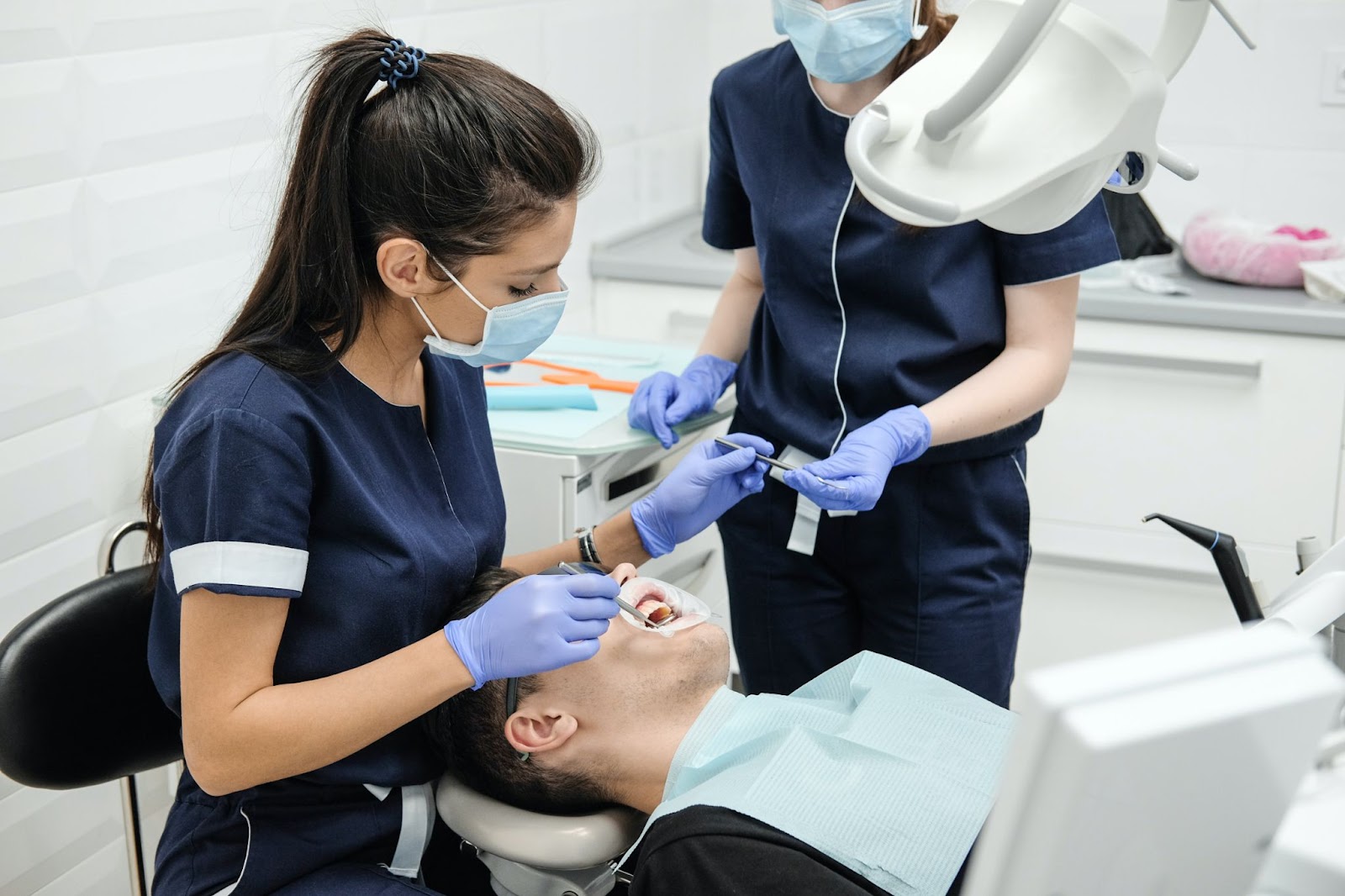



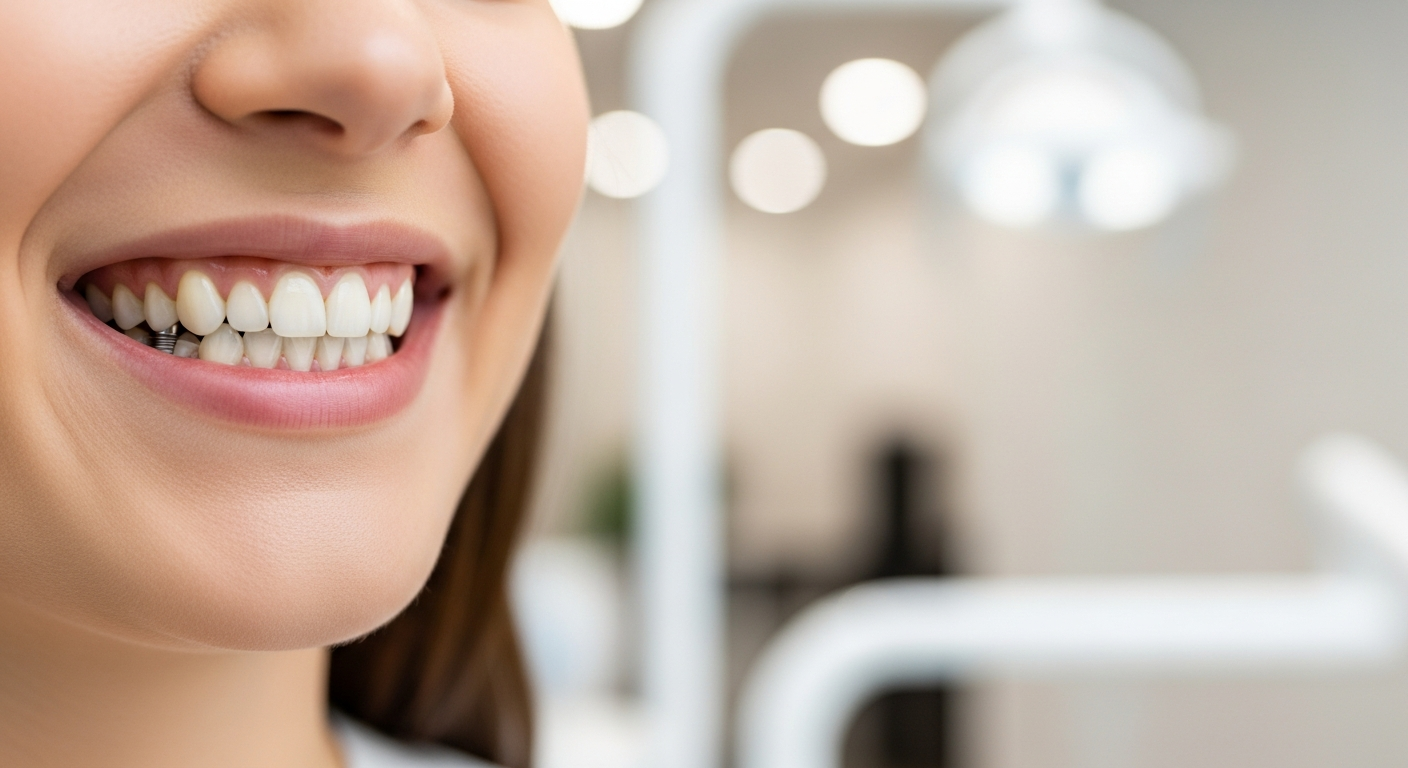
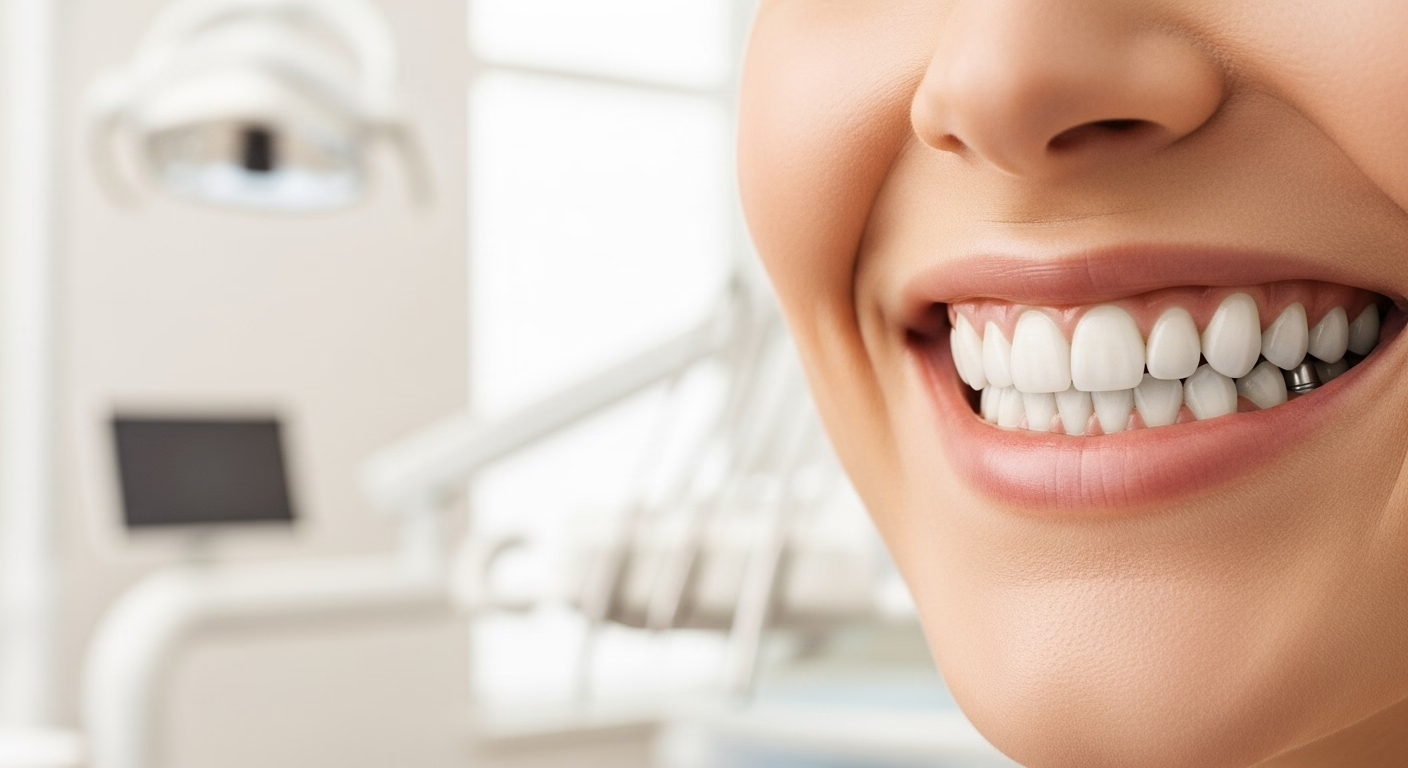
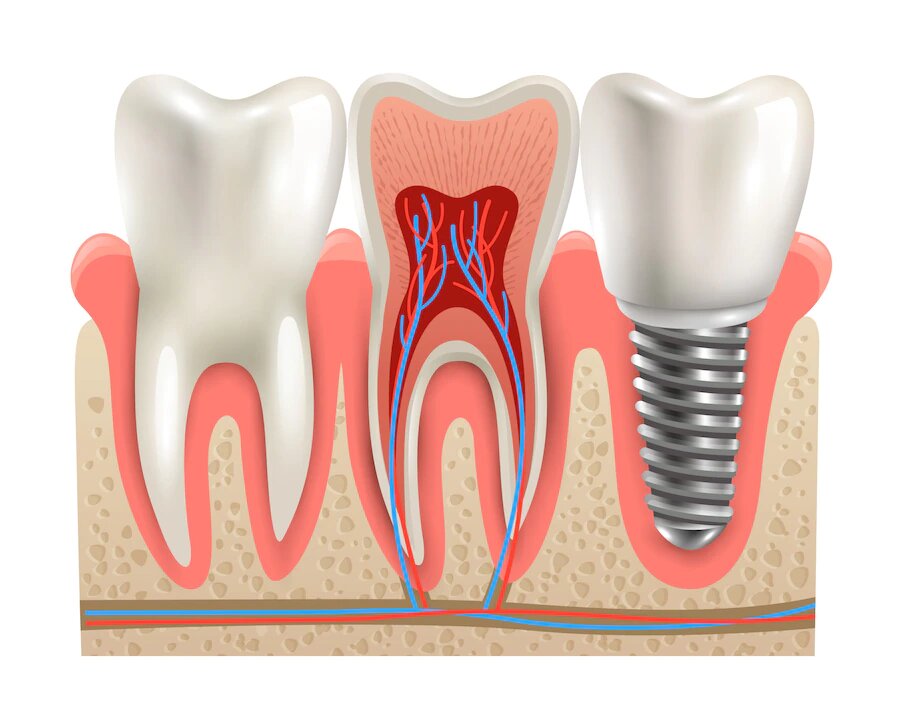
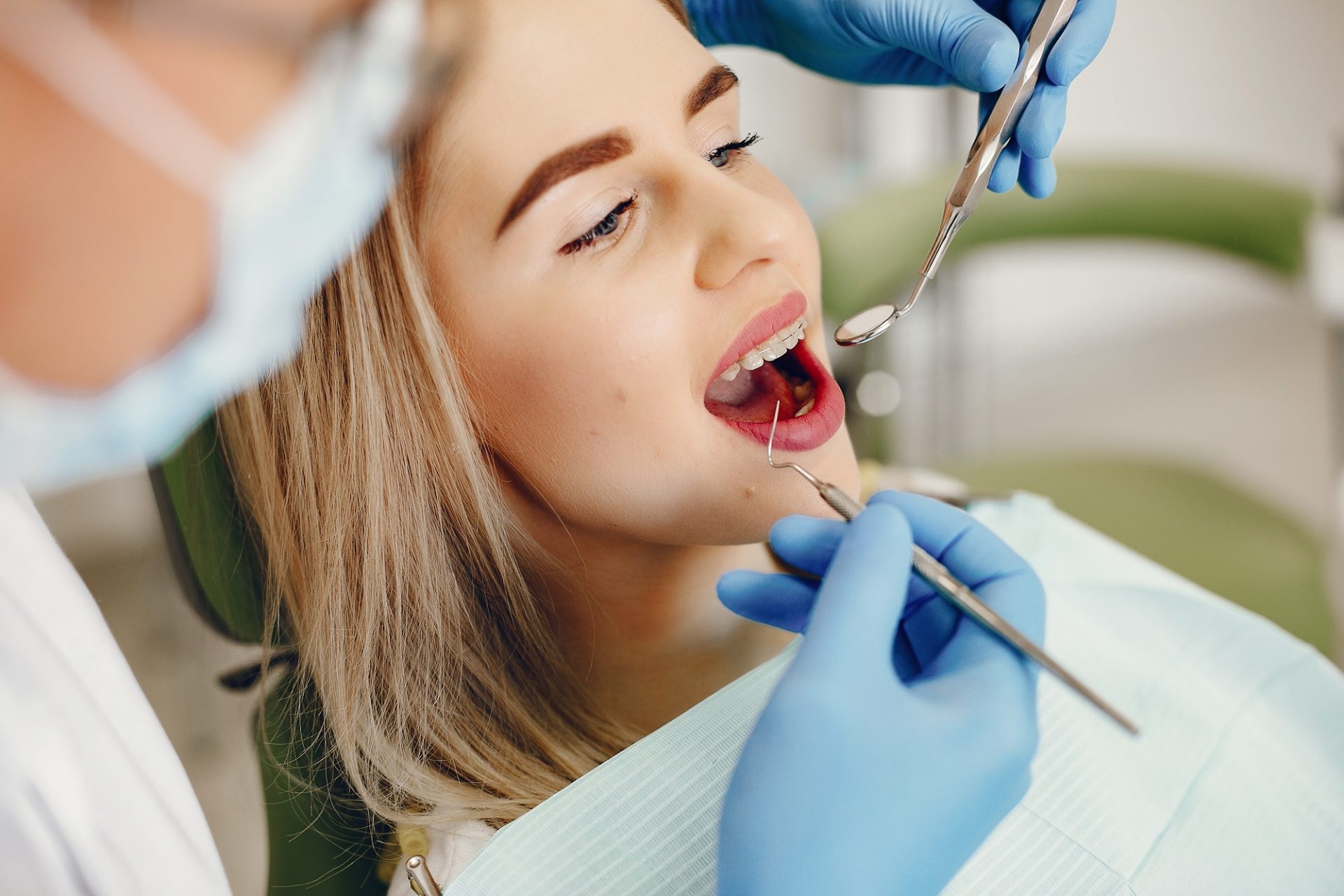







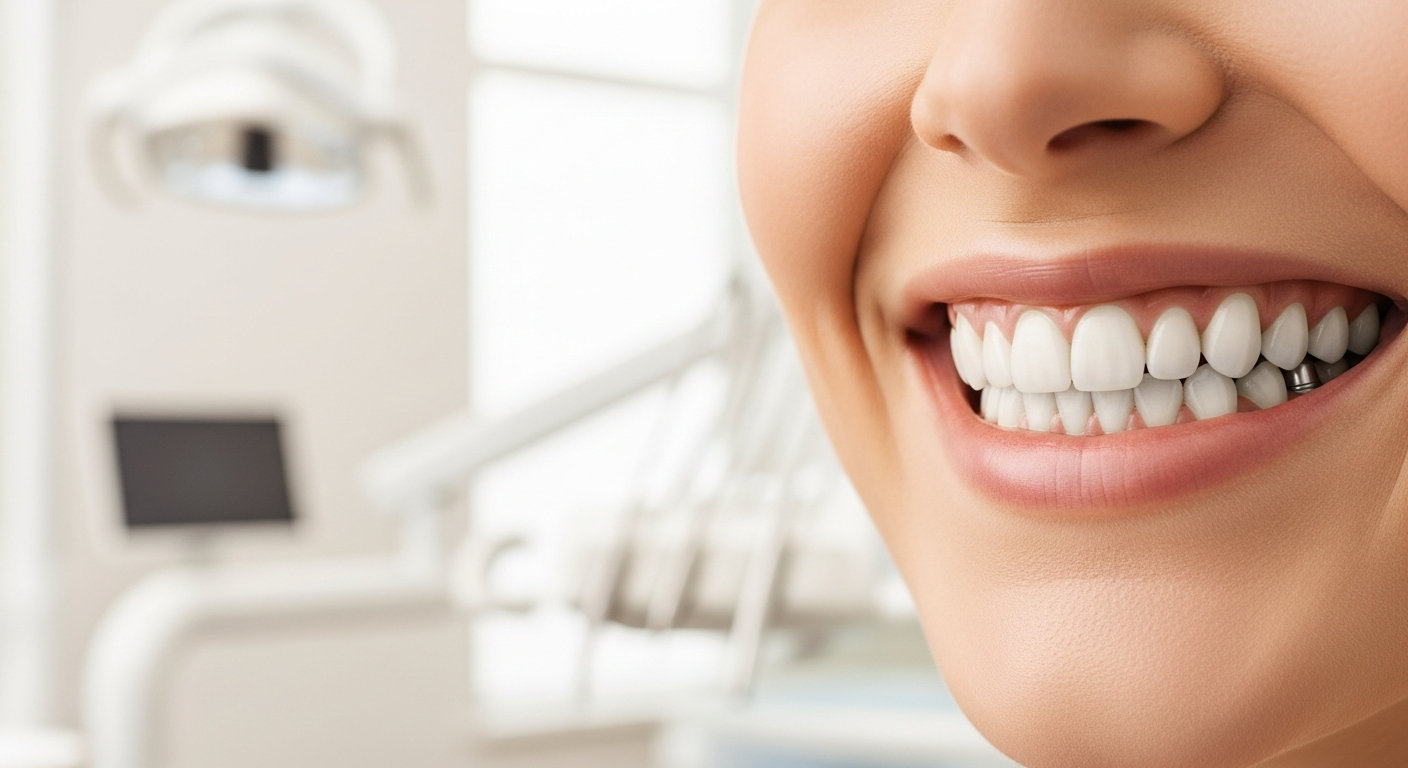

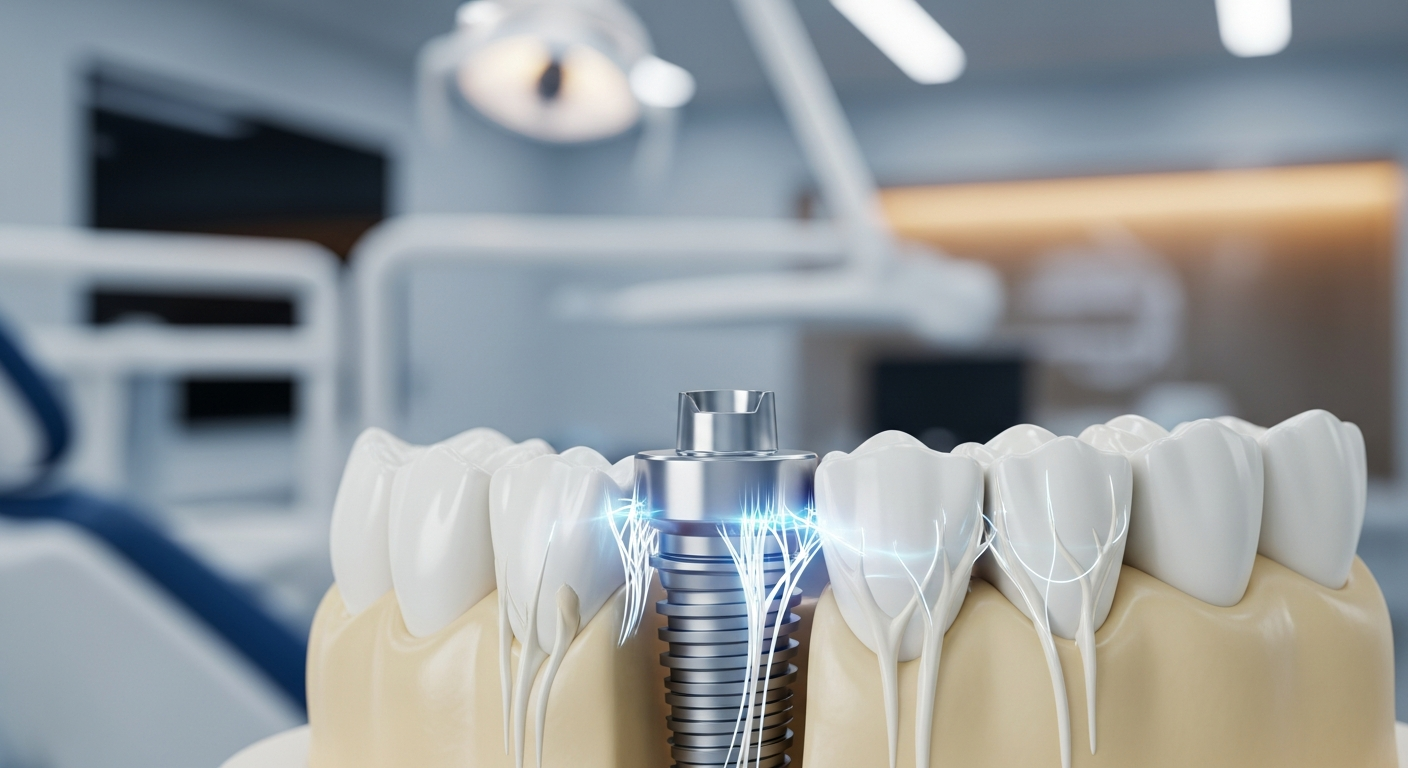
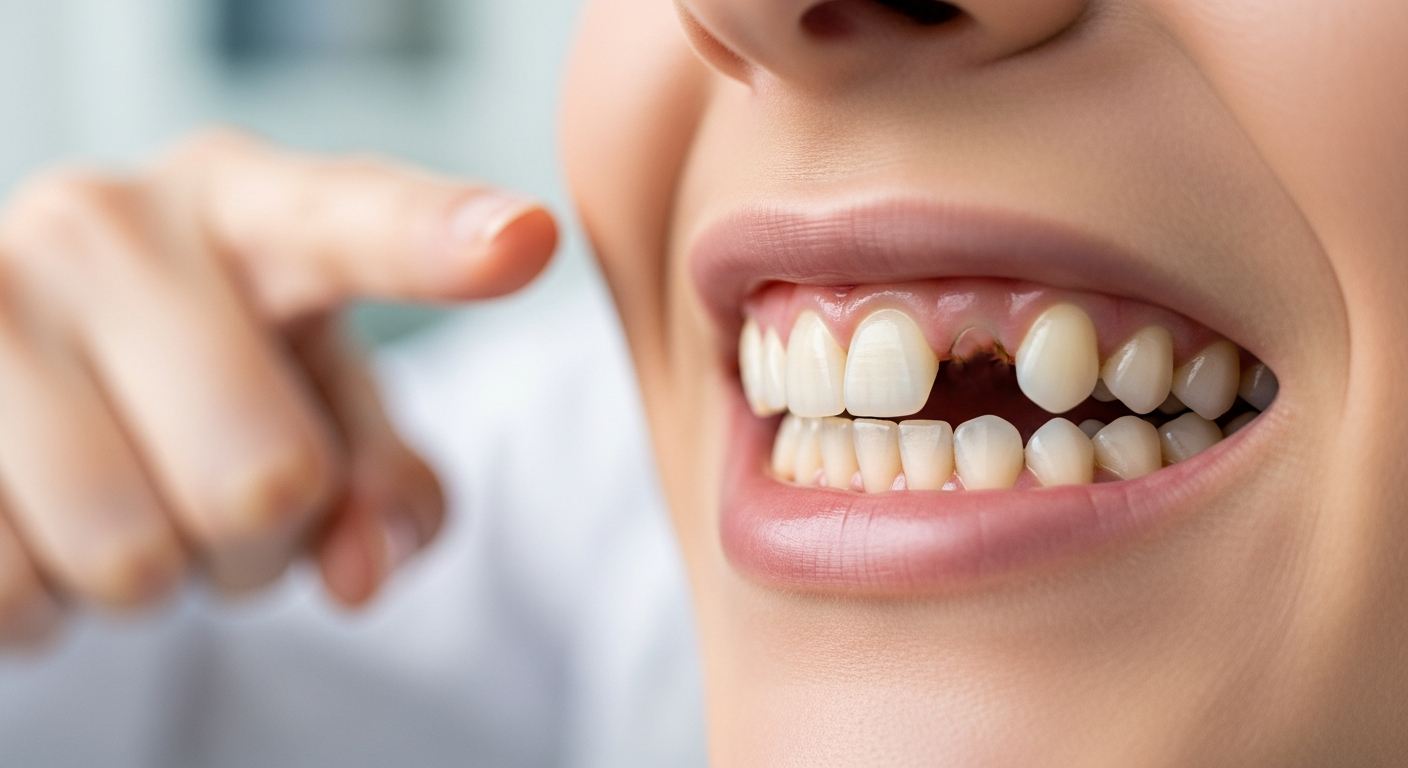




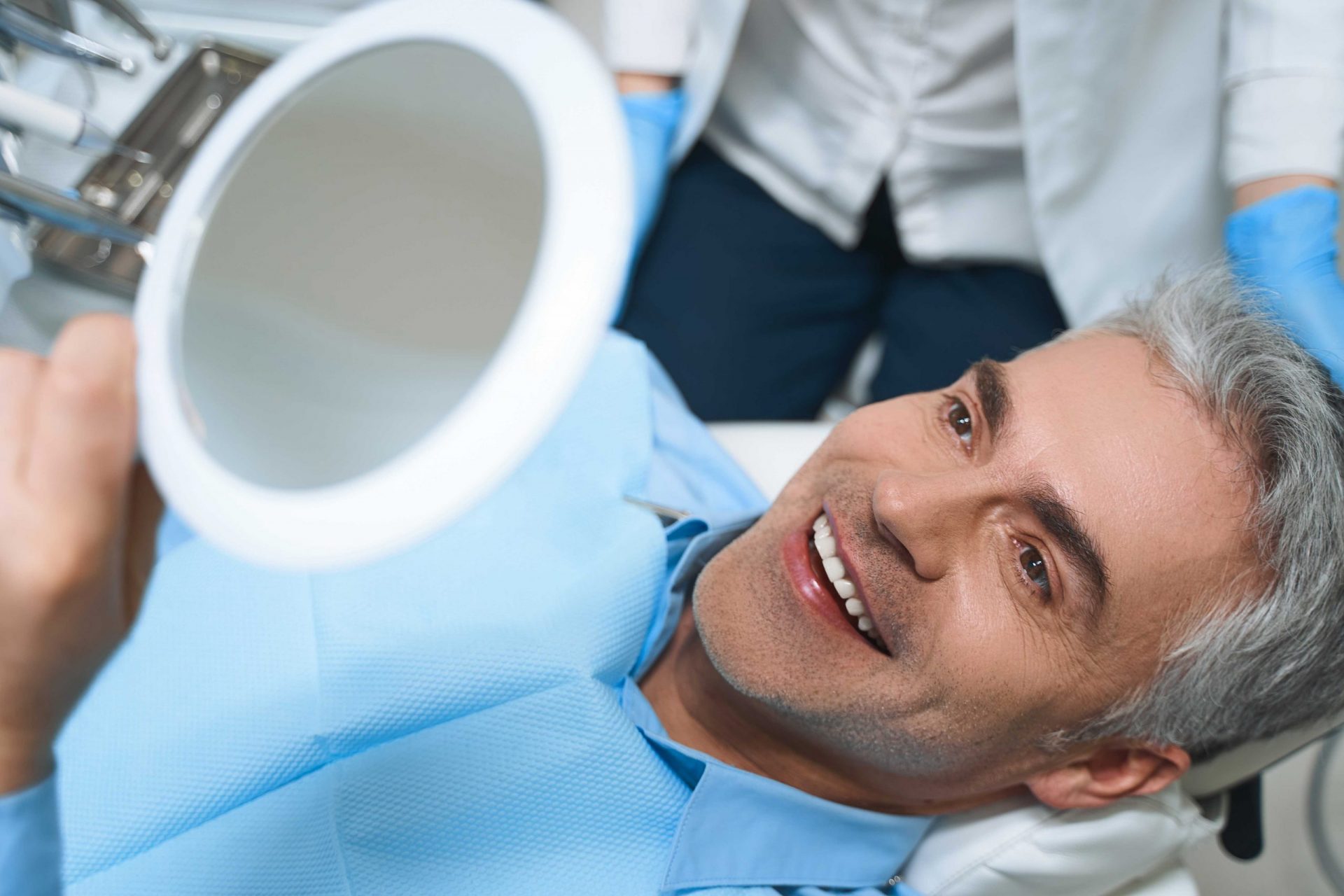
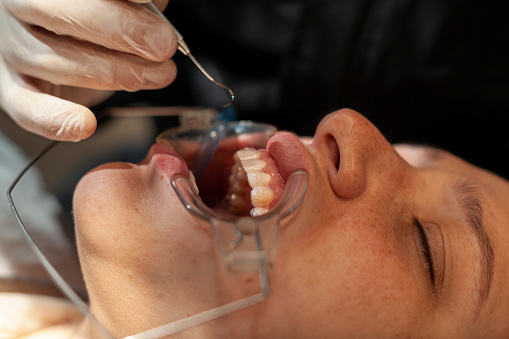

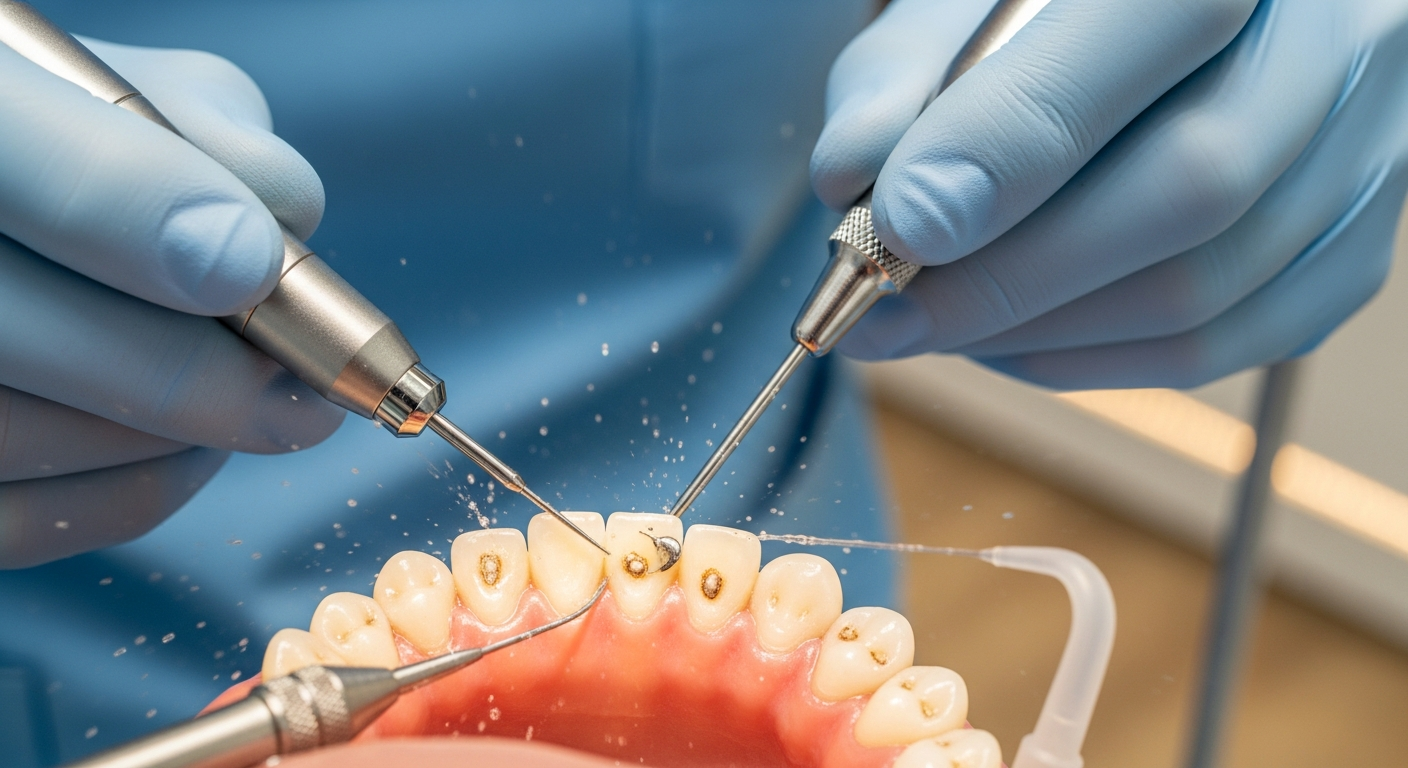


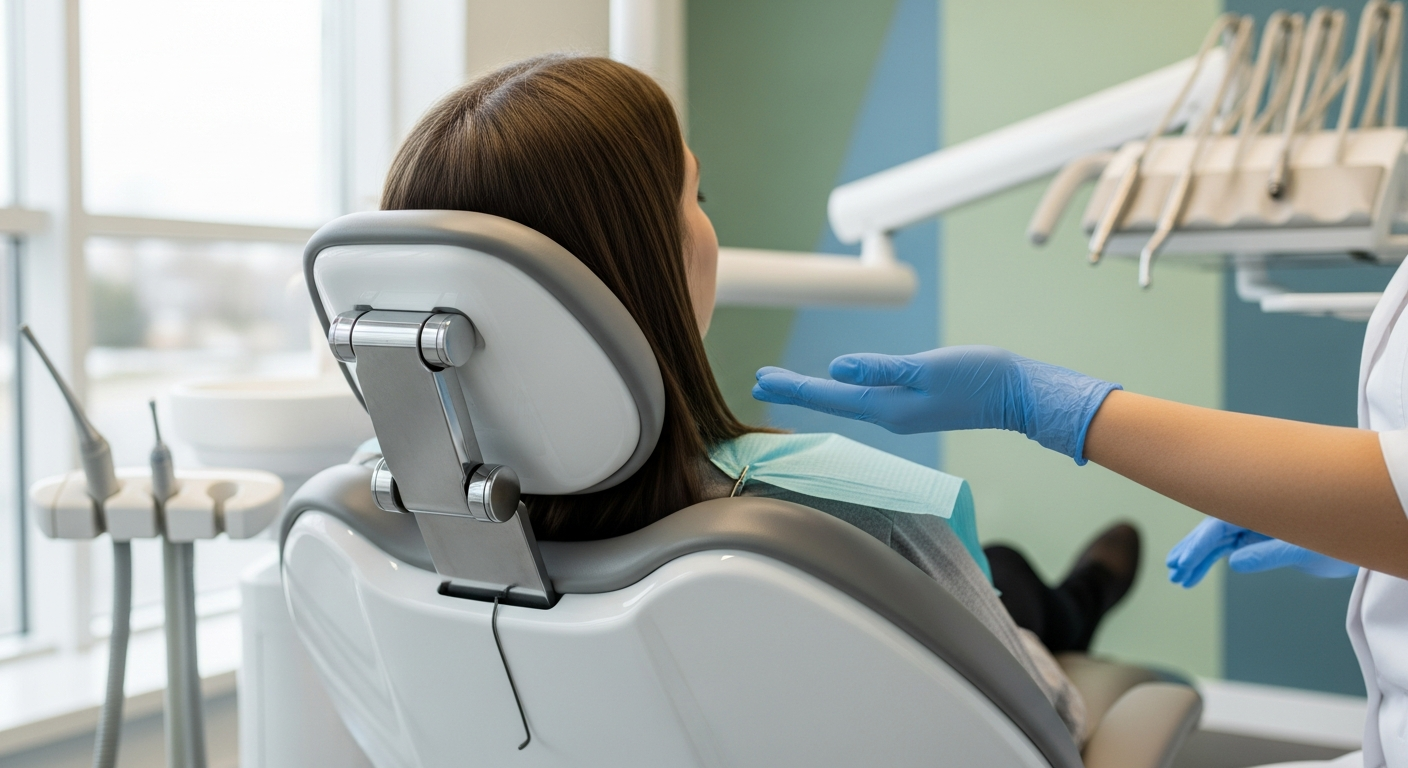

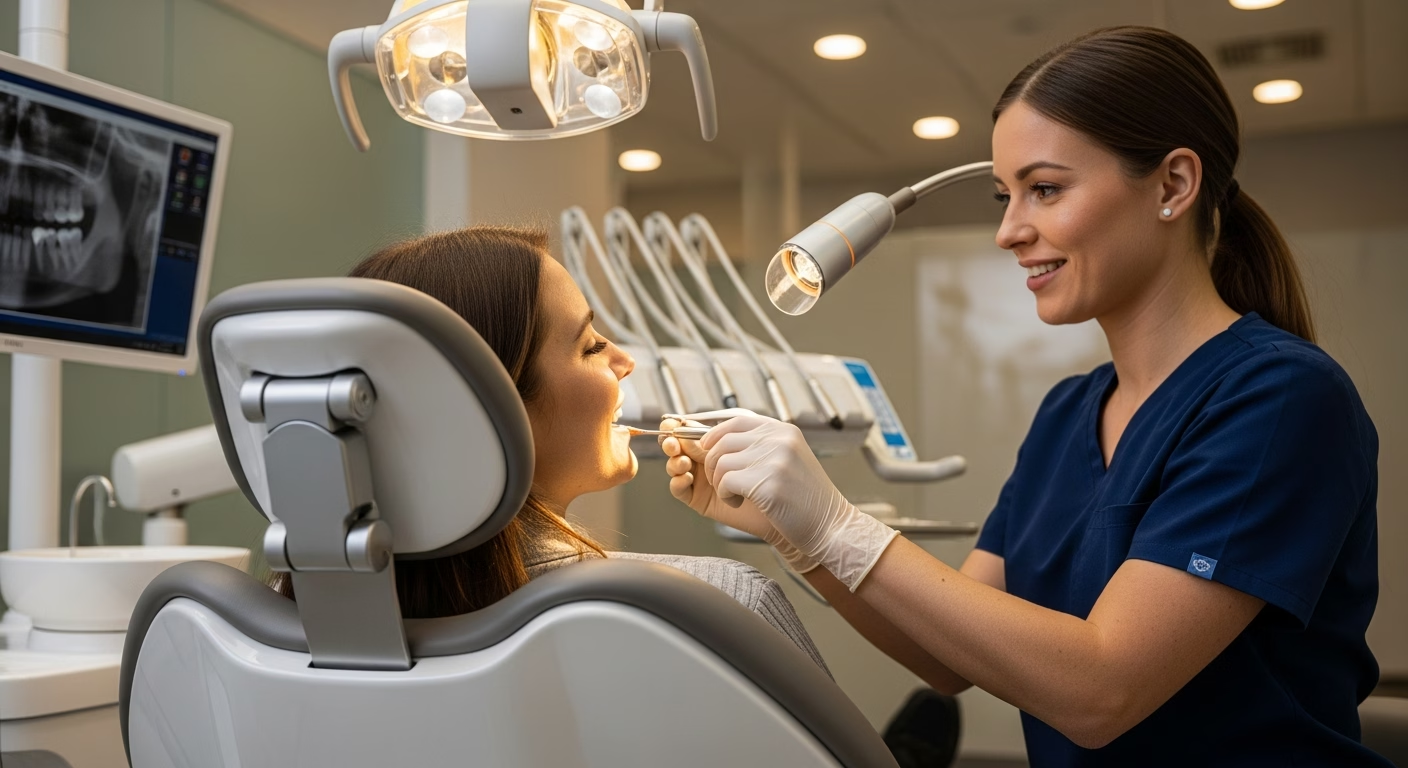
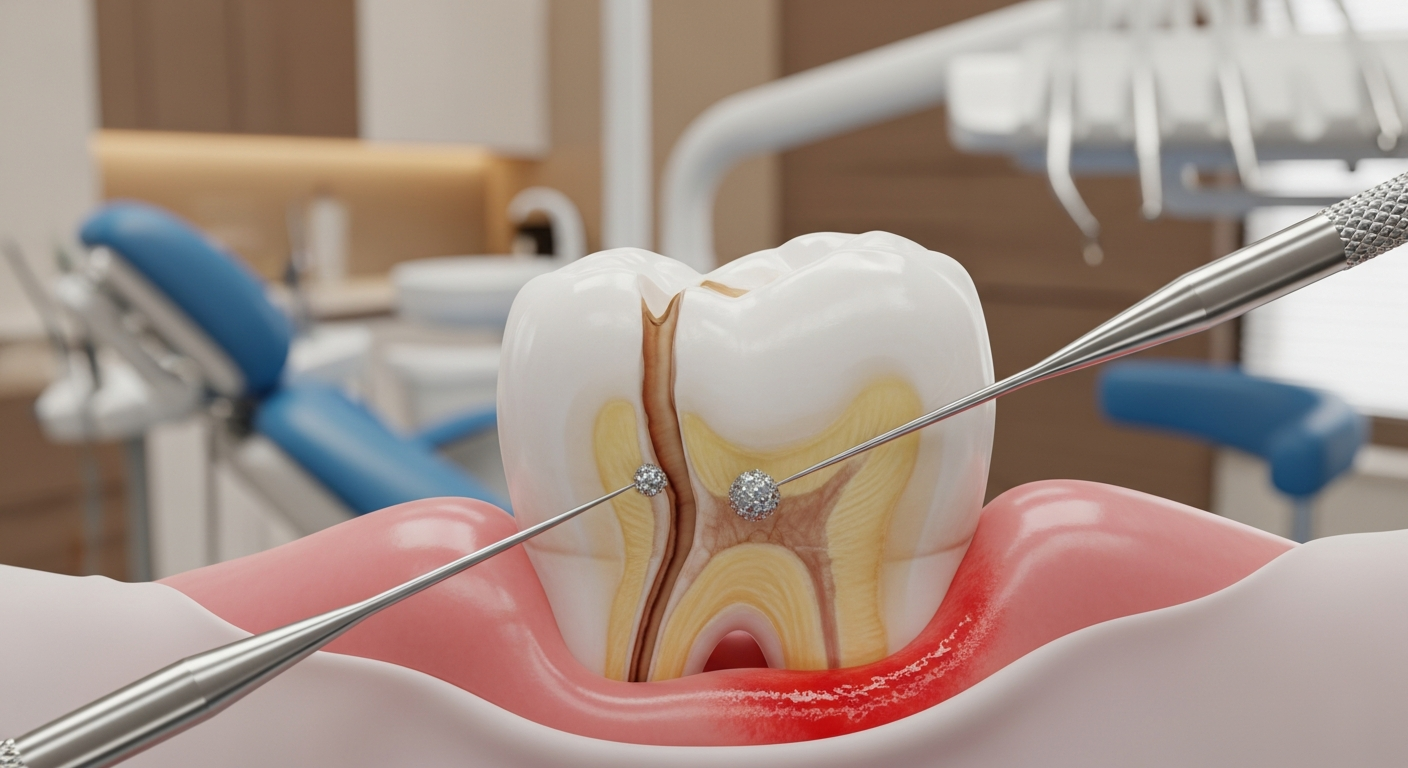




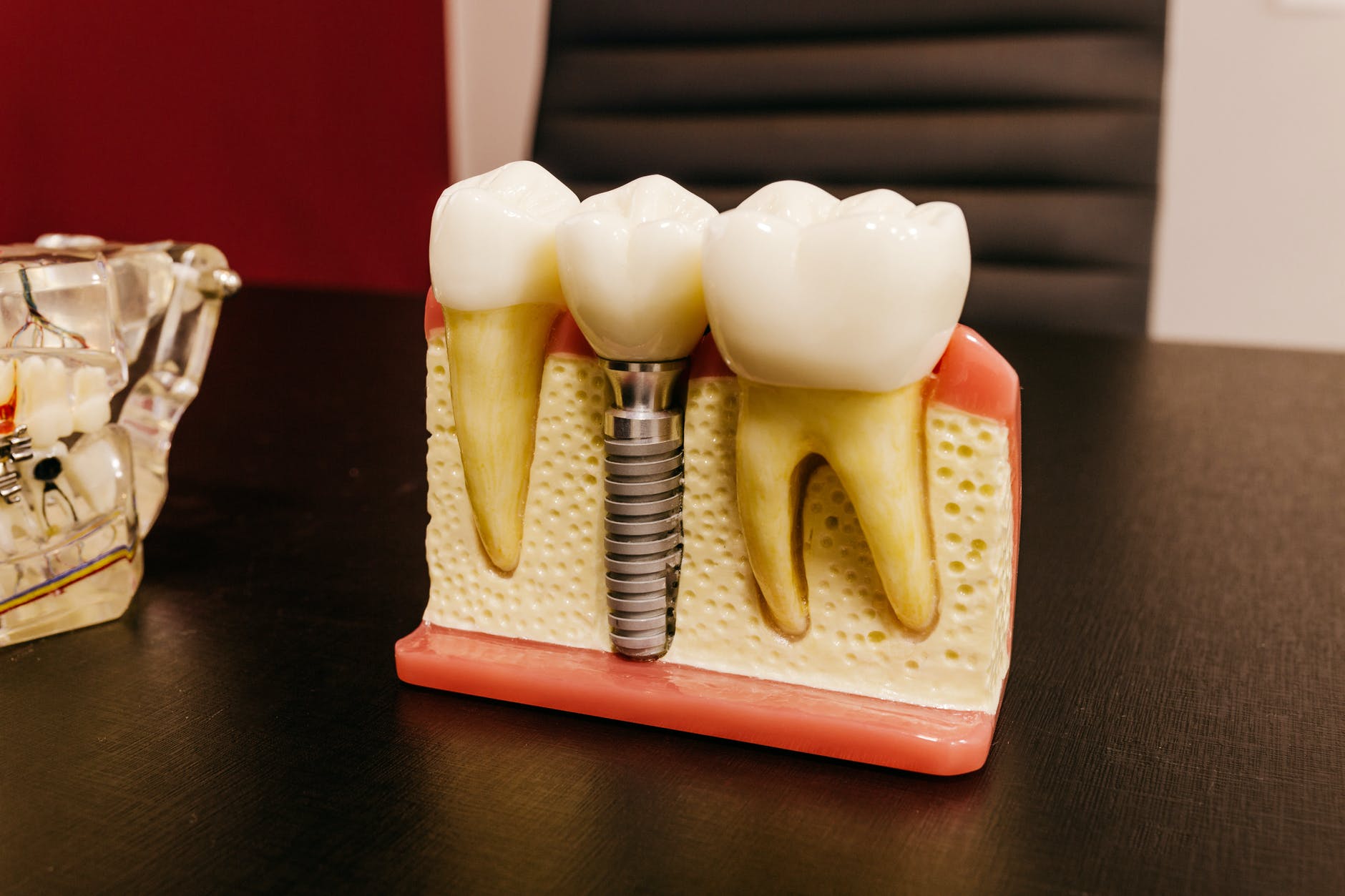


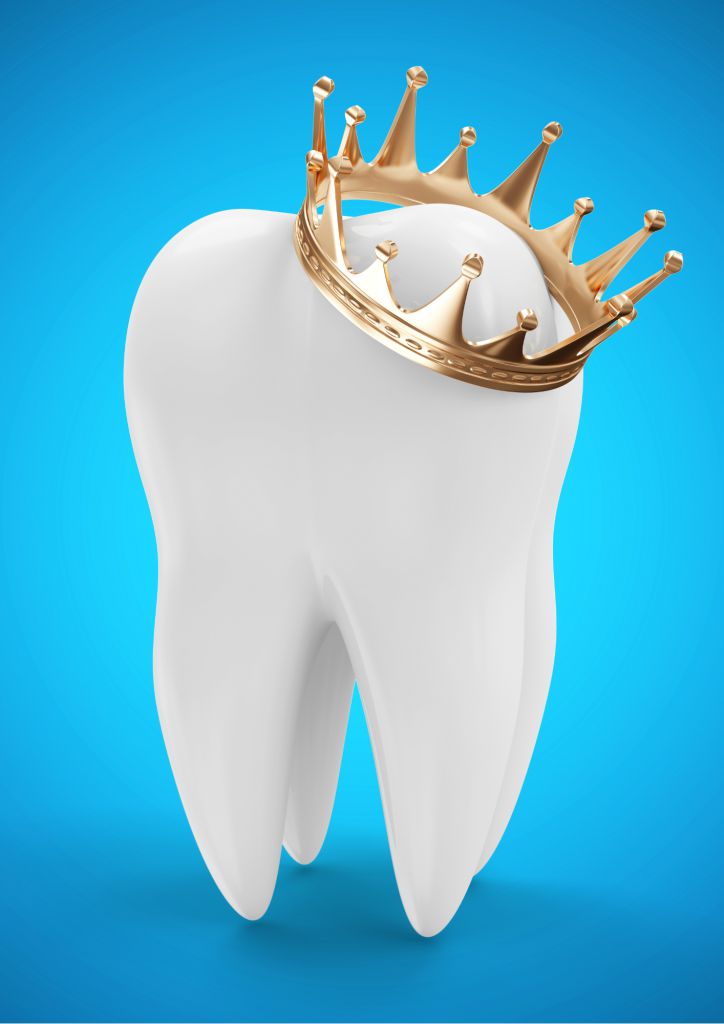



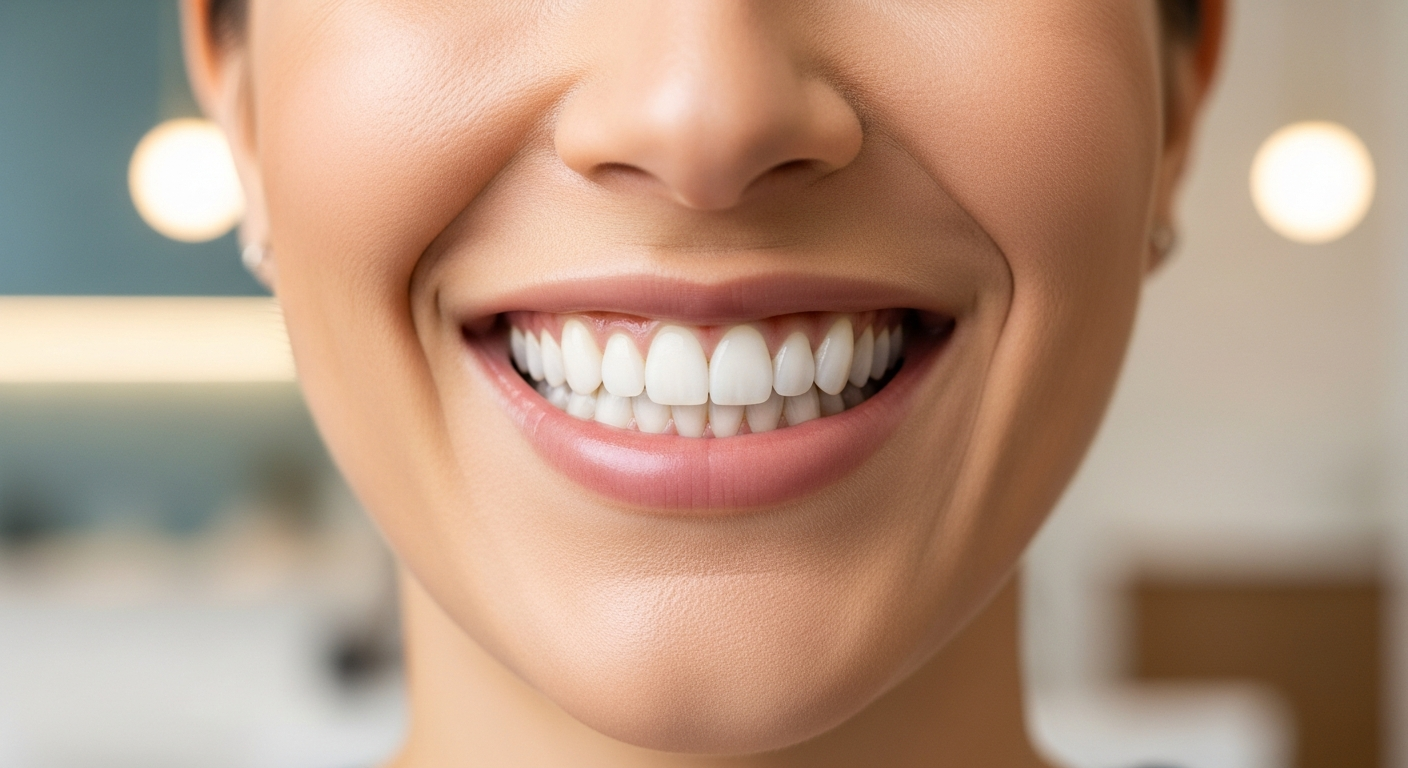



.avif)


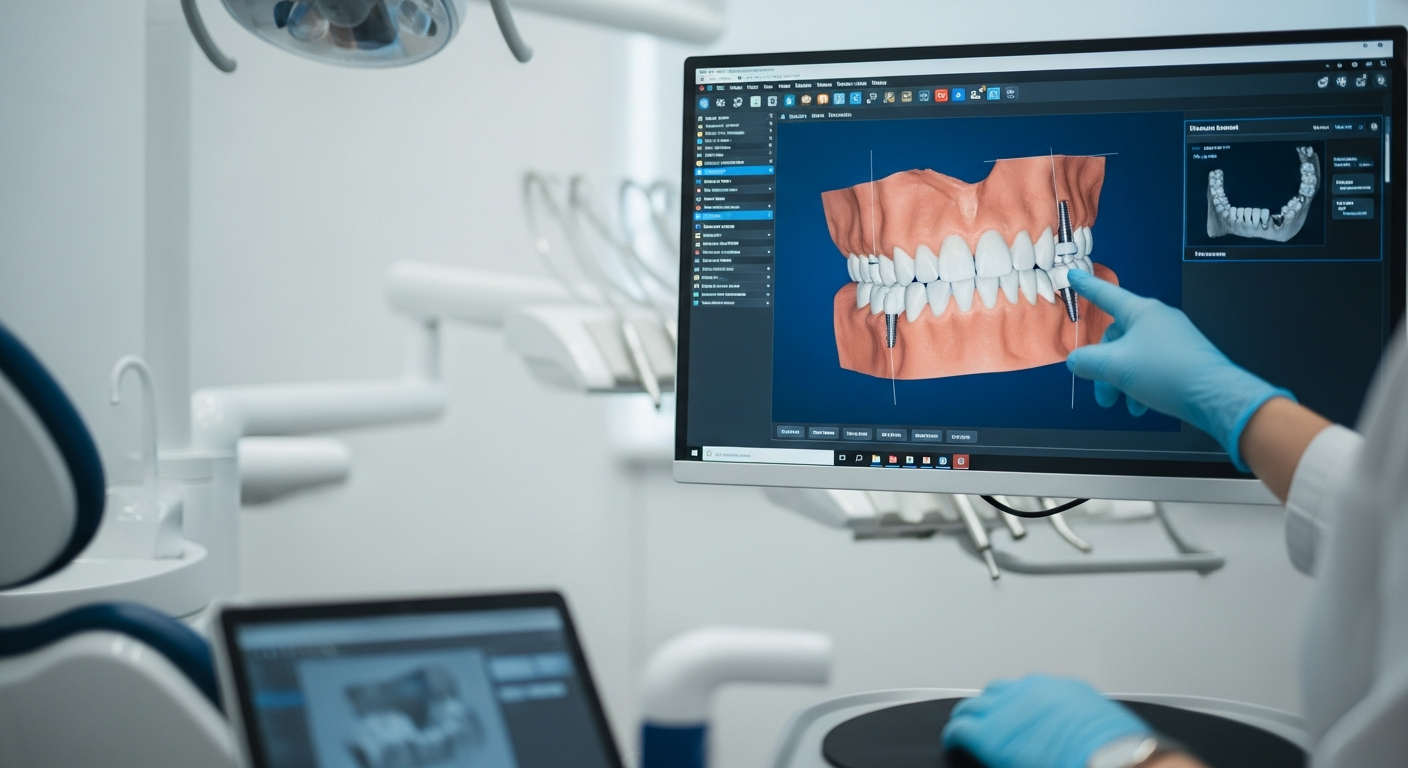



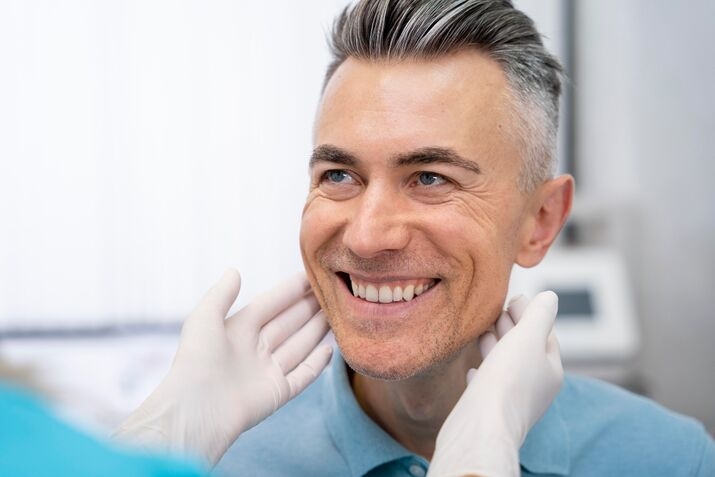
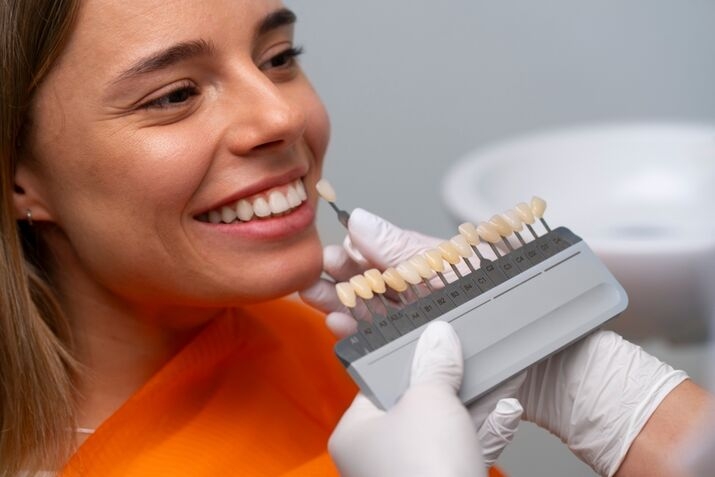
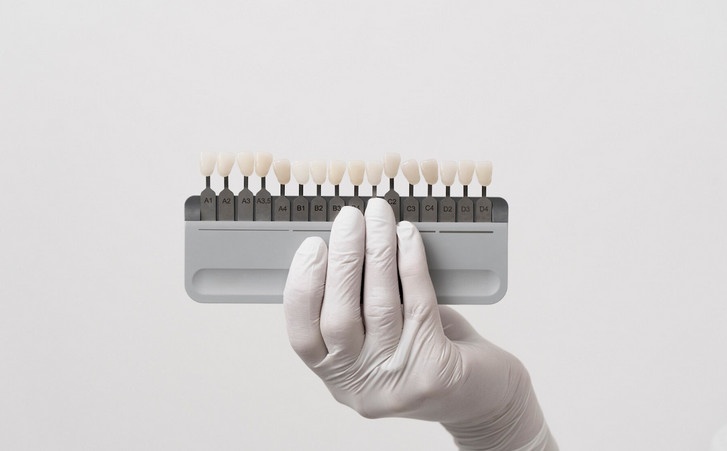

.jpg)


















.avif)


















.jpg)



